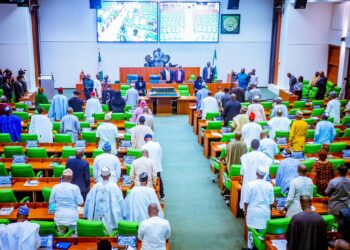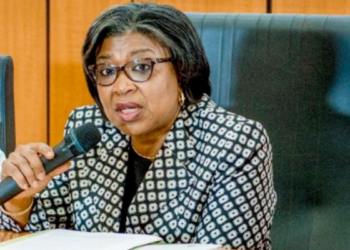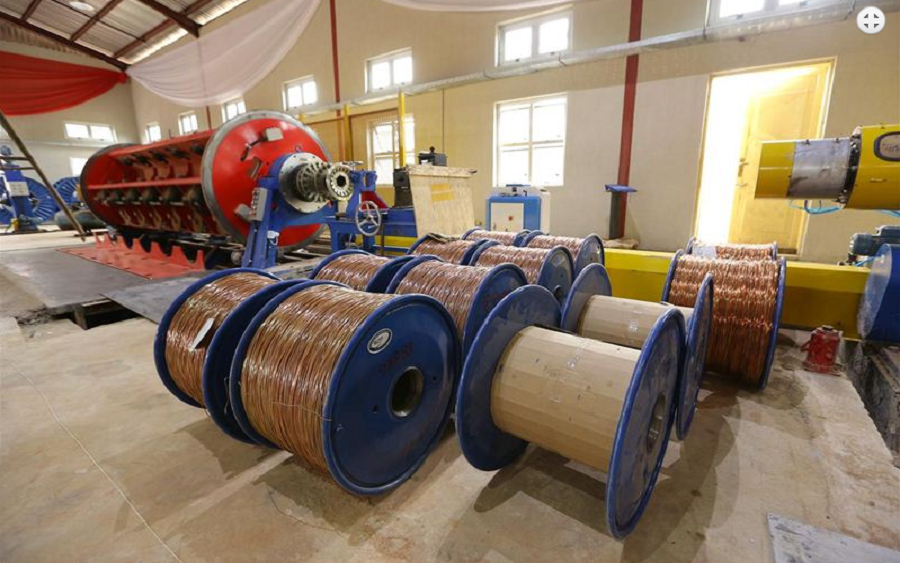Key highlights
- Moghalu said CBN introduced the cashless policy a decade ago and the purpose was to encourage digital and electronic payments for increased efficiency.
- He also noted that he strongly disagrees with any public policy direction that seeks to render Nigeria a completely “cashless” society.
- The cash crunch caused by the CBN’s policy has had mixed effects on Nigerians, with supermarkets, malls, and FinTechs gaining, but individuals, religious houses, and petty traders heavily impacted.
Kingsley Moghalu, a former Deputy Governor of the Central bank of Nigeria, has explained that the cashless policy was introduced by the CBN’s Committee of Governors to encourage digital transactions and not to abolish cash transactions, as misconstrued by some people.
Moghalu disclosed this in a statement on Thursday, adding that he disagrees with any public policy direction that seeks to render Nigeria a completely “cashless” society.
The goal of Nigeria’s cashless policy
Moghalu stated that while he was a part of the Committee of Governors, the cashless policy was aimed at boosting digital payments. He said:
- “When we as the Committee of Governors, CBN introduced the “cash-less” policy a decade ago, the purpose was to encourage digital and electronic payments for increased efficiency, but NOT to criminalize cash or abolish cash transactions for those who CHOOSE to use that method”
Public Policy direction
He added that public policy analysis should desist from out-of-touch policies, which ignore the realities on the ground.
- “I strongly disagree with any public policy direction that seeks to render Nigeria a completely “cashless” society. Even in the more advanced industrial countries, cash is still very much used.
- “Why do we think we can leapfrog into being holier than the pope when we don’t have the essential broadband and other infrastructure, and when we can a rural and urbane low-income economy that is mostly cash-based?”
What you should know
Nairametrics Research recently reported that the cash crunch could cost Nigeria’s economy to the tune of $20 million as The CBN policy has had mixed effects on Nigerians in the past three months.
Supermarkets, malls, and FinTechs top the list of gainers of the CBN naira policy. Every day individuals, religious houses, and petty traders have been heavily impacted by the policy.
- Recall that the monetary policy committee (MPC) of the Central bank had adopted a hawkish monetary stance all through the second half of 2022, raising the interest rate from 11.5% to 16.5%, which had no positive effect on the inflation numbers, instead, it raged higher.
- The CBN has now raised the interest rate by a cumulative 650 basis points between May 2022 and March 2023, yet the inflation rate has risen to its highest level in over 17 years, currently at 21.91% in February 2023.
- Additionally, the volatility in the exchange rate market influenced the decision to tighten cash liquidity in the economy, which saw the naira depreciate against the US dollar by over 20% in 2022, trading at a high of N900/$1 in September 2022.
- On the flip side, Nigeria a large informal sector has suffered immense cash scarcity leading to the destruction of bank properties, a hike in POS rates, and the persistent downturn of bank mobile apps, all of which are believed to have wiped about $20 million from the aggregate GDP. This is further exacerbated by the scarcity of petrol across the country.























What happened you did not disclose this all this while till. This is hypocrisy and we are not interested. After you allowed us suffered and supreme had to intervened before we were left with no option
Thank you Kingsley Moughalu. You are talking real sense
Nigeria authorities and individual should clamour for more industrial development and local raw material discovery as solution to the country economy woes
The most affected is farmers and those that buying their products and supply it to the companies.The farmers don’t need transfer they want cash and buyers don’t get cash.